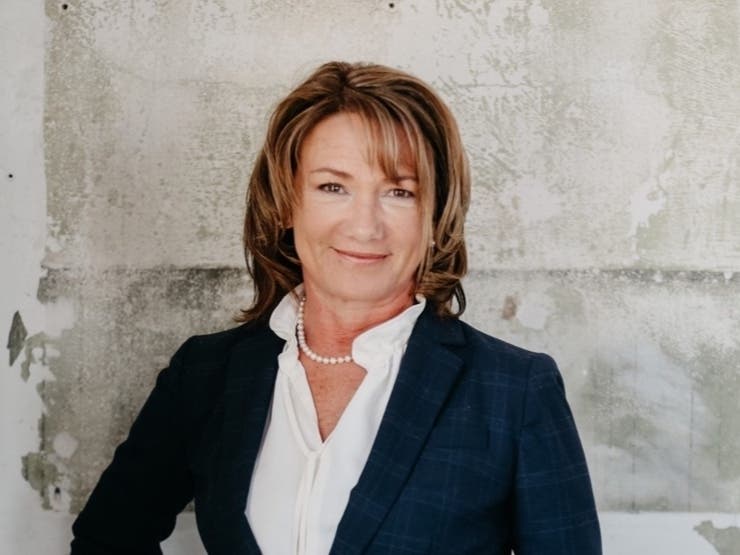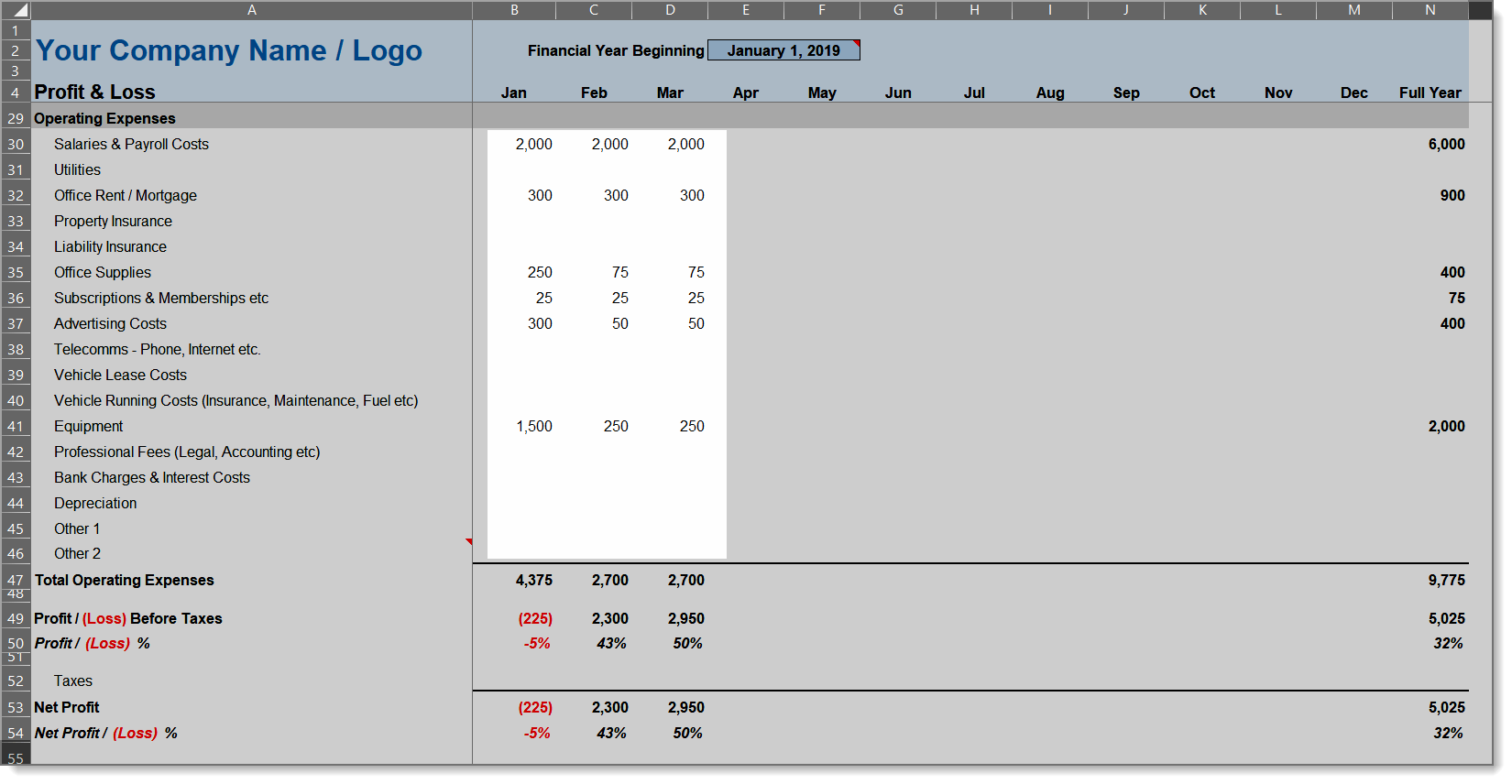
There are many types of jobs in Florida as an Environmental Consultant. These professionals assist clients in complying with all environmental regulations. They also assist with data collection and analysis. They are experts in the drafting of environmental sections of NEPA documents. They also serve clients and agencies in the design and construction of public facilities and buildings.
Environmental Consulting has a variety of job openings
There are many job opportunities at Environmental Consulting Florida. This exciting industry is open to those with a background in natural sciences and at least five years' experience. You must be familiar with environmental regulations and standards. This position also requires excellent verbal and written communication skills. Also, experience in project management is essential. It is important that you can pass background checks and drug and/or alcohol screenings. Applicants should also be willing to provide references.
Environmental Consulting Florida seeks senior-level geologists, engineers, and environmental scientists. For this position, you will need a valid driver’s license and a bachelor’s degree from an accredited university. Additionally, you must be able and willing to travel over night within Florida.

Location
The average salary for environmental consulting in Florida is rising, but that's not the only factor. The salary is affected by the location, years of experience and skill level. There are many jobs in environmental consulting in Florida. However, not all of them are available in the same area. Florida is 36th out 50 for environmental consulting salary.
These are some of the most reputable firms in this field. For example, Parkson Corporation provides a wide range of wastewater treatment and management equipment. Total Parts Plus specializes on obsolescence management for manufacturers and environmental compliance. Bio-Tech Consulting provides full-service environmental consulting services with offices located throughout Florida. The company offers other services such as climate research and waste reduction.
Career paths
The environmental consulting sector is broad and covers many different areas. Gaining experience in the field is the first step to becoming an effective environmental consultant. You should work hard to acquire science, writing, and public policy skills. These skills will make it easier to get a job in this area.
Environmental consultants can pursue additional education and certification after completing a bachelor's program. Environmental consultants can pursue a graduate certificate for environmental science. It will allow them to explore ecology and biogeochemistry more deeply. The degree will also allow them to specialize in a particular area and conduct research. While a graduate degree is important for advancing in this field, real-world experience is often the most difficult part. Many environmental consultants have gained relevant work experience through internships, job placements, and other opportunities.

Average salary
There are many factors that influence the average salary of an Environmental Specialist. Florida's low cost of living means that the average consultant salary is lower than Tildenville's. Based on experience and skill level, Florida's average salary is approximately $42,000.
A college degree in natural science, five years experience in project administration, and a Florida driver’s permit are the most common qualifications for this position. A background check, drug/alcohol screening and references will be required. The salary for this position is competitive, and it includes a phone stipend after 90 days, paid holidays, and vacation/sick days.
FAQ
What qualifications does a consultant need?
Not only is it important to have an MBA but you should also have business consulting experience. A minimum of two years' experience in consulting, training and/or advising a major company is necessary.
Your experience in strategy development projects requires that you work closely with senior managers. This would require you to be comfortable with presenting ideas and getting buy in from clients.
Additionally, you will need to pass a professional qualification such as the Chartered Management Institute Certified Management Consultant (CMC).
What is the difference of a consultant versus an advisor?
A consultant is an advisor who gives information on a particular topic. A consultant provides solutions to problems.
A consultant works directly with clients to help them achieve their goals. An advisor advises clients indirectly through books, magazines, lectures, seminars, etc.
Can you run a business consulting from your home?
Absolutely! In fact, many consultants already do exactly this.
Working remotely is a common way for freelancers to work. They use tools like Skype, Trello (Slack), Trello, Basecamp and Dropbox. They often create their own office space so they don't miss out on company perks.
Some freelancers prefer working in cafes and libraries over traditional offices.
Others choose to work at home because they love being with their children.
Although working from home is a great option, there are some downsides. It is worth it if you love your work.
Do I need a degree to be a consultant?
It is best to study a subject well and then practice what you have learned.
You can learn all you need to know to become a great consulting professional by starting to study now.
Employers may be reluctant to hire people with a degree, but not the relevant experience. You could still apply if you are able to show that you have the same subject knowledge as the people who were hired.
Employers are always looking for people with real-world knowledge.
How did modern consulting come to be?
Accounting professionals were the first to become consultants. They helped companies manage their finances. They were able to manage financial information and became "accounting experts". But, their role soon expanded to other areas such as human resource management.
The French word "to advise" is the origin of the term "consultant". It was first used by businessmen to refer to someone who could give advice about how to run an organisation. Today, business owners still use the term consultant to refer to any type of professional advisor.
Statistics
- "From there, I told them my rates were going up 25%, this is the new hourly rate, and every single one of them said 'done, fine.' (nerdwallet.com)
- According to statistics from the ONS, the UK has around 300,000 consultants, of which around 63,000 professionals work as management consultants. (consultancy.uk)
- 67% of consultants start their consulting businesses after quitting their jobs, while 33% start while they're still at their jobs. (consultingsuccess.com)
- Over 50% of consultants get their first consulting client through a referral from their network. (consultingsuccess.com)
- So, if you help your clients increase their sales by 33%, then use a word like “revolution” instead of “increase.” (consultingsuccess.com)
External Links
How To
What does a typical consultant's day look like?
Depending on what type of work you do, your typical day may vary. But generally speaking, you will spend time researching and planning new ideas, meeting clients, and preparing reports.
You will have many meetings where clients and you can discuss their issues. These meetings may be over the phone via email, on-line, or face-to–face.
The proposal is a document that outlines your ideas and plans to clients. You'll need to discuss your proposals with a mentor, colleague, or friend before you present them.
You will need to create content after all your planning and preparation. Writing articles, designing websites, editing photos or conducting interviews are just some of the options.
It depends on the project's scope, you might need to do some research to collect relevant statistics. For instance, you might want to find out how many people you have and if they are buying more than just one product or service.
Once you have gathered enough information, it's time to present your findings to clients. Your findings may be delivered orally, or written.
You must also follow up with clients following the initial consultation. For example, you could call your clients periodically to check how things are going. Or send them emails asking them to confirm they have received the proposal.
Although it takes time, this process is worth it. It's also important to keep your eyes on the prize and maintain good relations with clients.